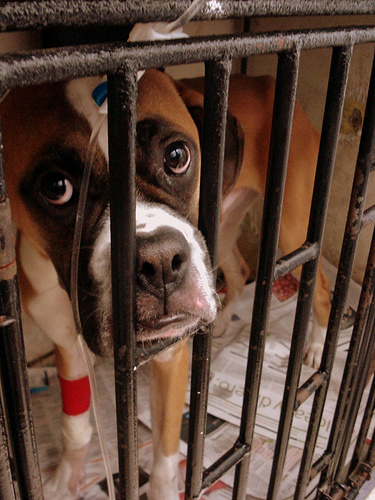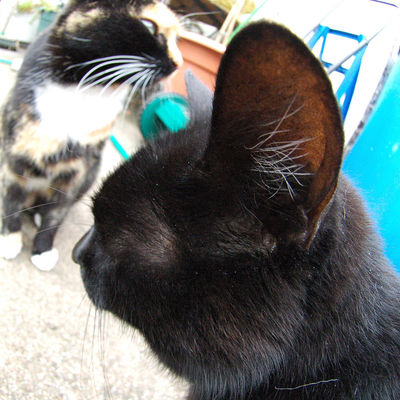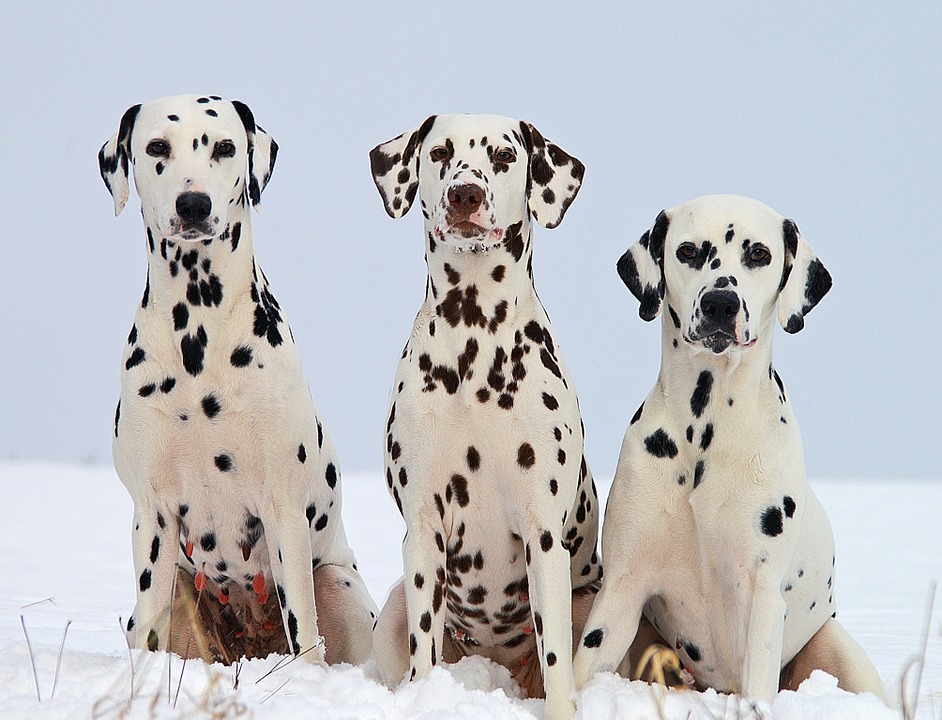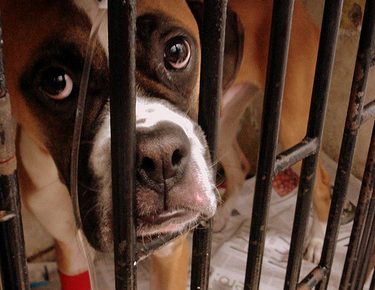
Leptospirosis is a zoonotic disease that affects dogs, horses, humans and livestock and rarely show signs in cats.
Leptospirosis can cause horses to abort.
It is spread through contaminated water, urine, contact bites, sometimes food or bedding. It is more prevalant in warm weather and temperate climates.
The bacteria enters the bloodstream through mucous membranes or skin sores and spreads to other tissues. The infection can persist in the liver and kidneys, but if damage is not severe, the animal can recover within 7-8 days. Some dogs may be so severely infected, they die before damage to the liver and kidneys.
There are several strains of Leptospirosis, but vaccines only protect the dog against two of them. A blood test can diagnose Leptospirosis and test for individual strains. There is a vaccine for cattle as well, but no vaccine to protect horses.
Leptospirosis is found worldwide. The source is generally the urine of wild animals such as mice, squirrels, skunks, opossum, deer and fox. Try not to allow your dog or horse to drink stagnant water in puddles, ponds, etc. Make sure your pet always has a supply of fresh, clean water.
This is potentially a serious disease. Consult with your vet as to whether vaccination should be given and if so, frequency of protection.



